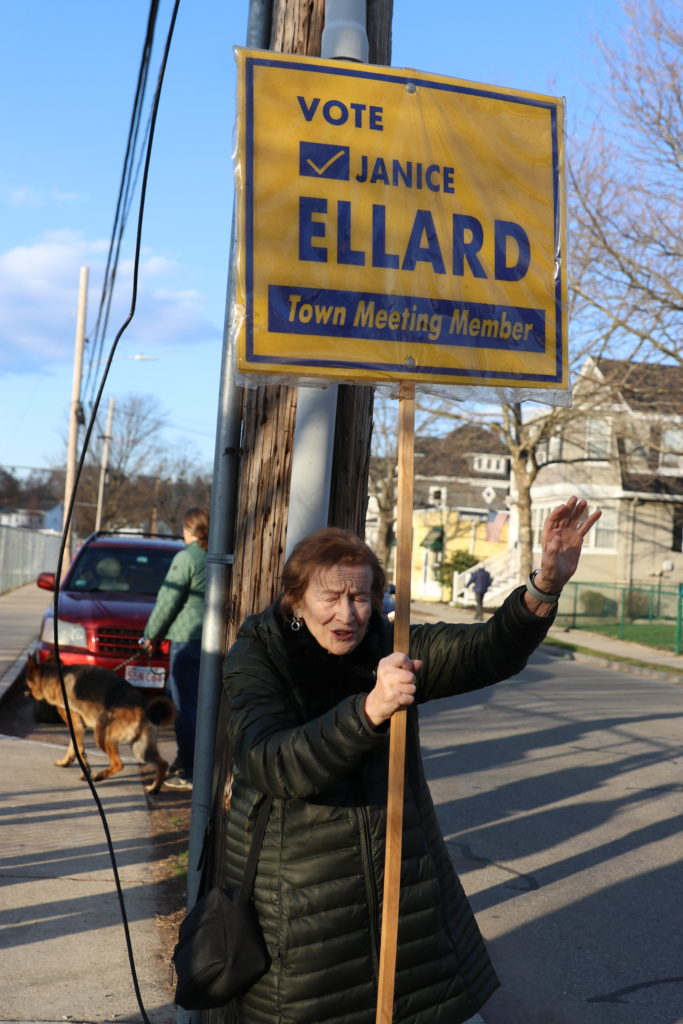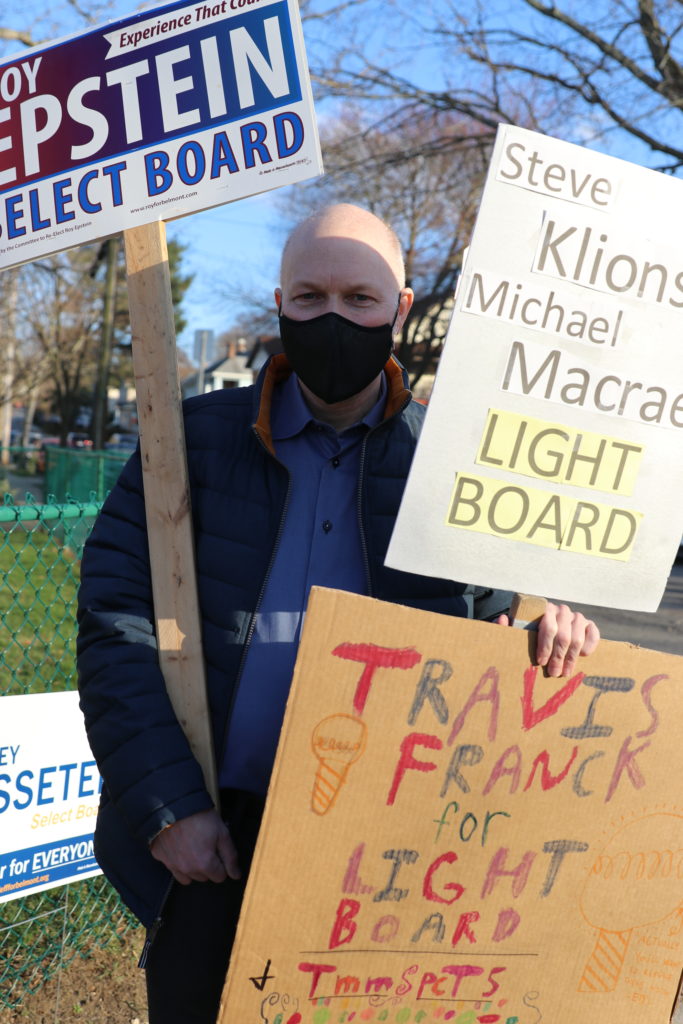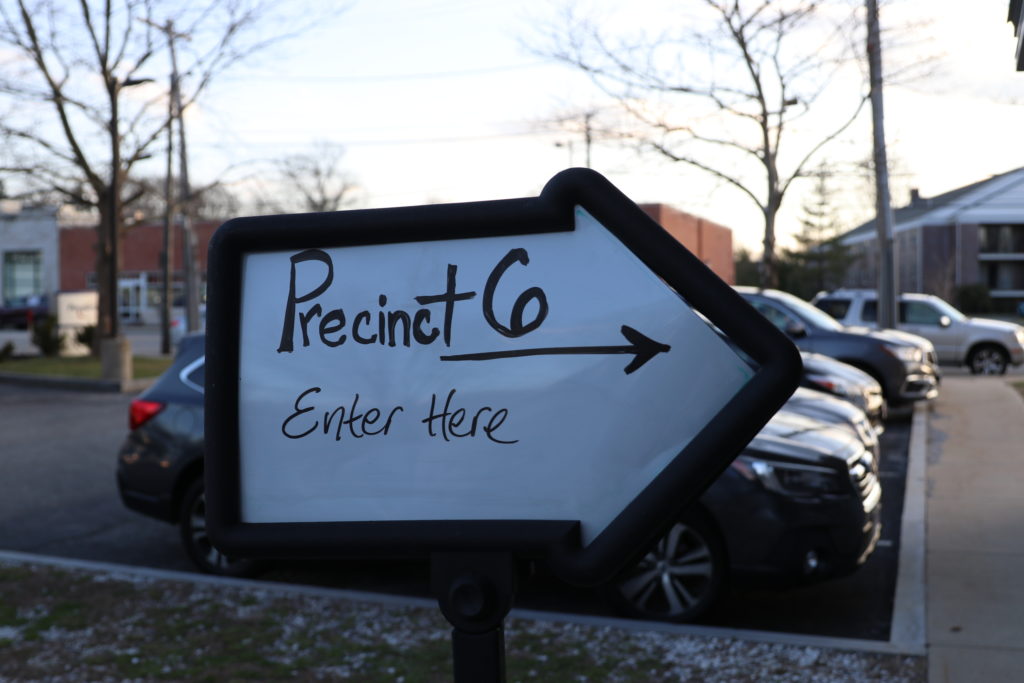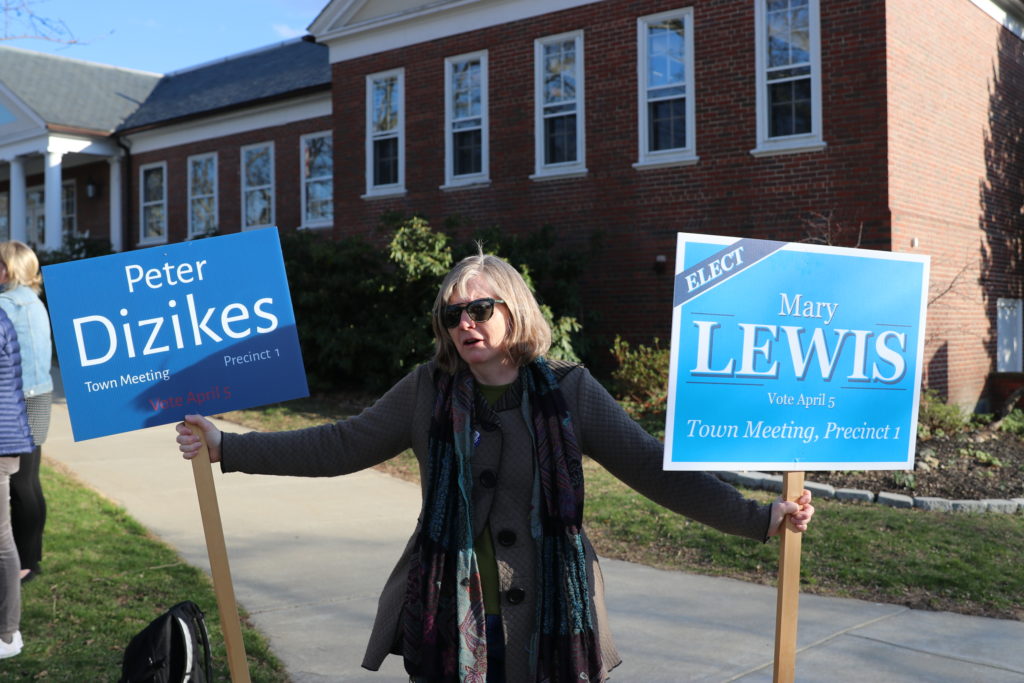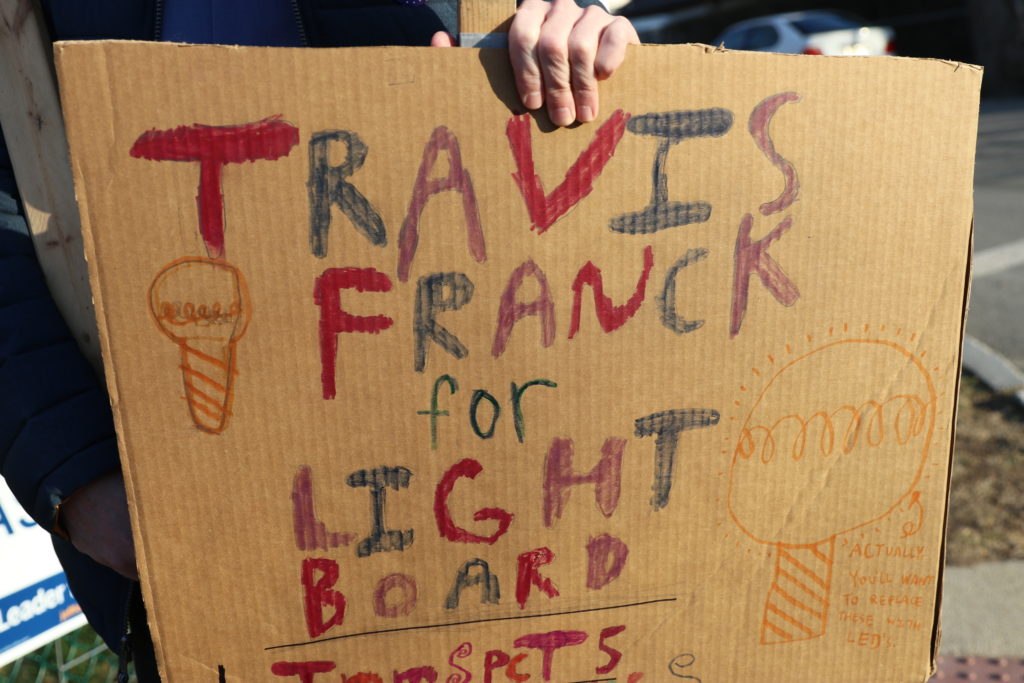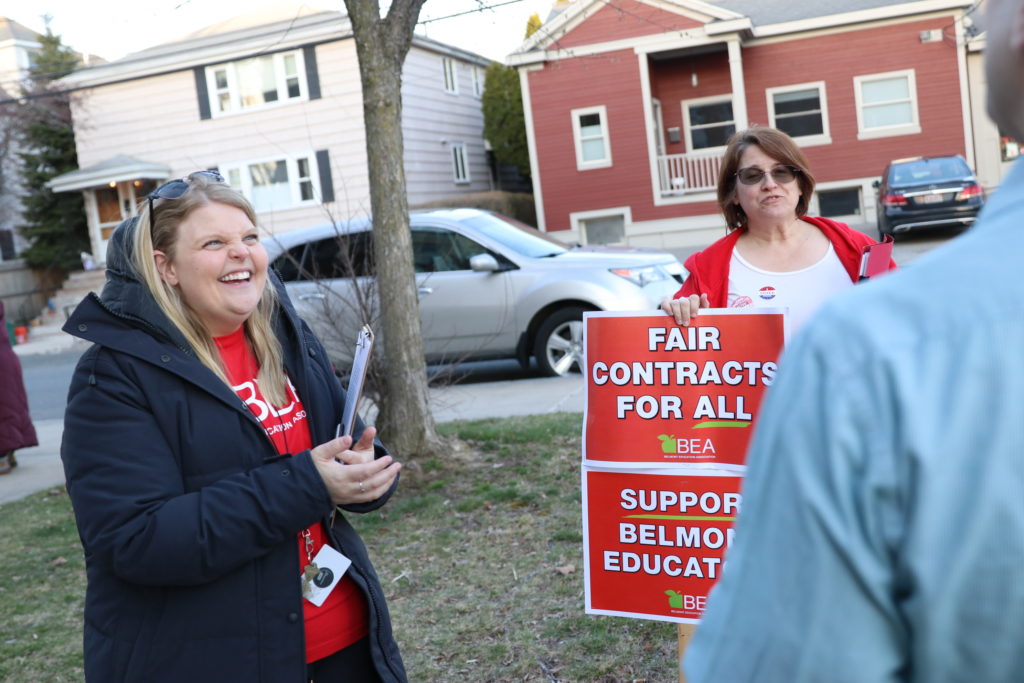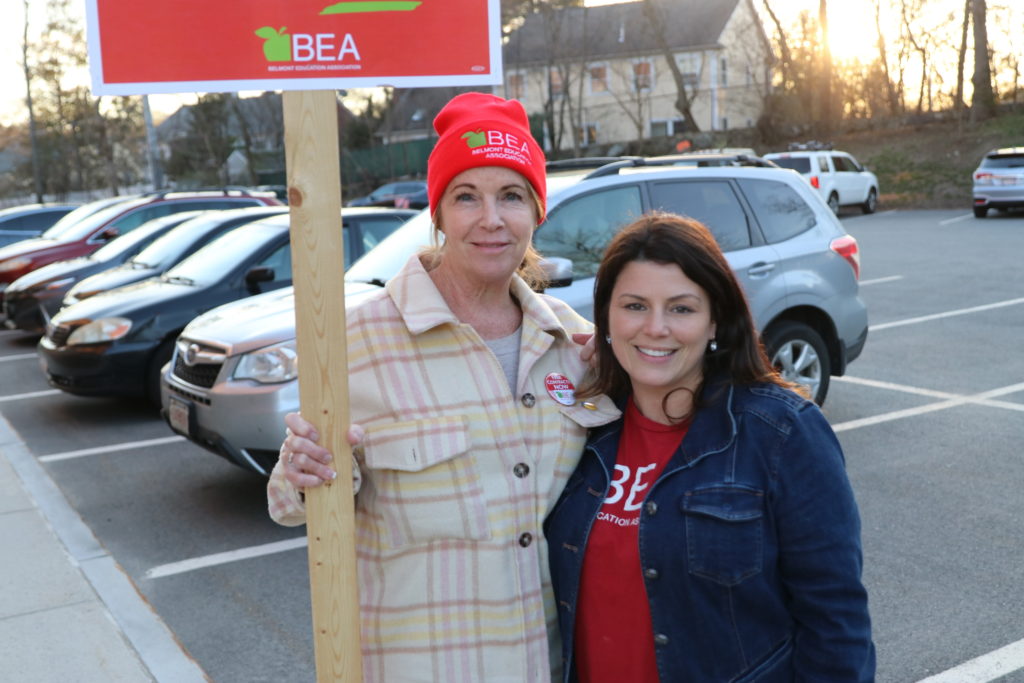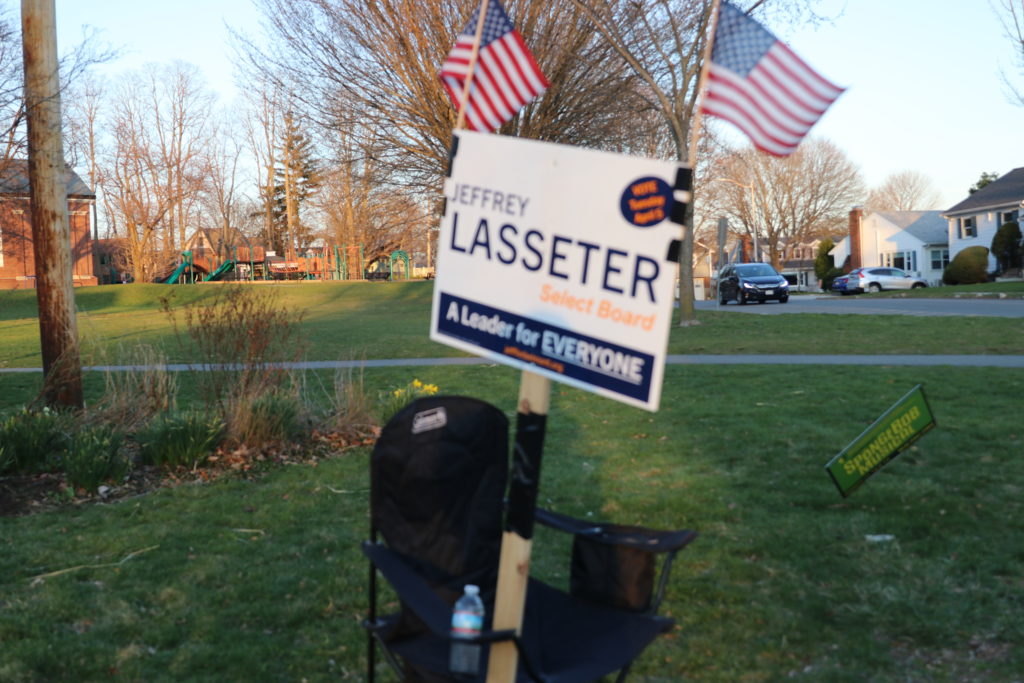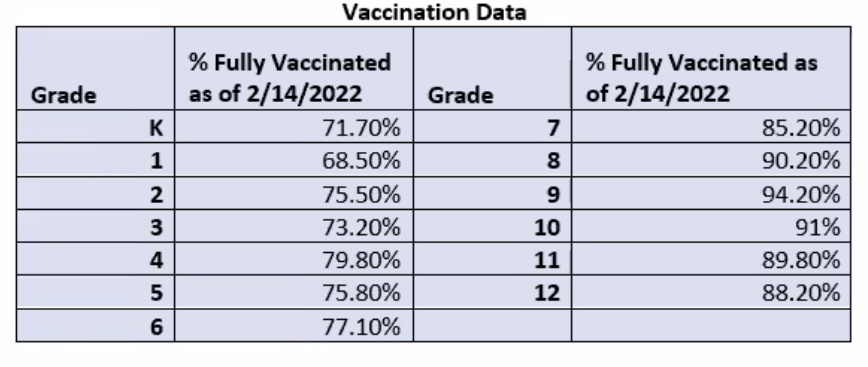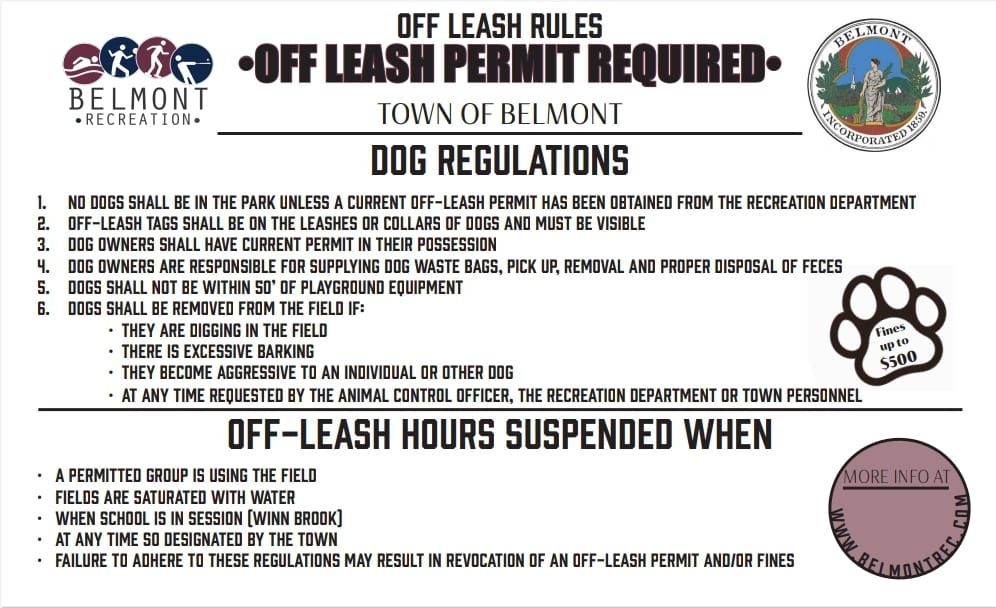Photo: The new Belmont High School auditorium where Town Meeting will likely not take place in 2022
The Belmont Board of Health is recommending the second segment of the 2022 Town Meeting remain virtual, according to a discussion at the board’s monthly meeting on Monday, May 9.
The recommendation now goes before the Select Board for a final decision.
The Town’s Health Director Wesley Chin said he meet recently with Town Moderator Mike Widmer and Town Clerk Ellen Cushman to determine if is possible for the town’s legislative body to meet safely for the three scheduled nights in June when Town Meeting will review and vote on budget articles.
Chin noted to the board that Covid cases have surged in the past month with the CDC placing Middlesex County in its ”high” category for infection.
With the infection risk elevated and best practices for holding an indoor meeting includes people spaced six-foot apart from each other, Widmer and Cushman said the two locations large enough to hold approximately 300 Town Meeting members and staff – the new Belmont High School and the Chenery Middle School auditoriums – are unable to provide the needed separation.
Board member Donna David said she was informed that a possible hybrid option – on site participation with a virtual option or using both auditoriums – was not as an option as the town’s Information Technology department told her a tech solution doesn’t exist at this time to make such a plan work.
